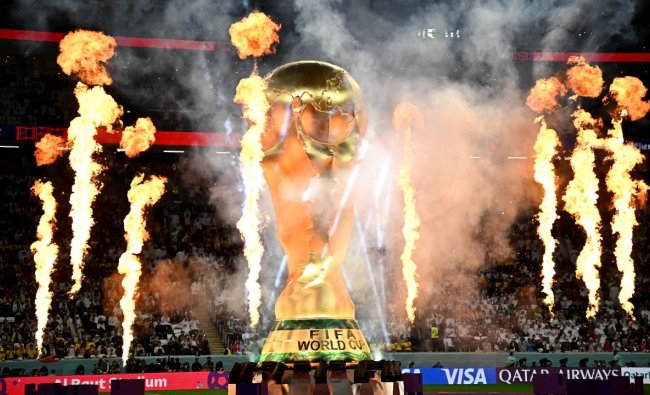Politically, sports as a tool for diplomacy and nation-building have become increasingly popular in the Middle East. Countries such as Qatar and the United Arab Emirates have invested heavily in sports to boost their global image and gain international recognition. The hosting of major sports events, such as the 2022 FIFA World Cup in Qatar, has been seen as a way for these countries to assert their presence on the world stage and promote their image as modern, progressive nations. the signing of Cristiano Ronaldo by a Middle Eastern club would have a positive impact on the region’s football scene, culture, economy, and youth.

Economically, the growth of the sports industry in the Middle East has also been driven by a desire to diversify the region’s economy away from oil and gas. The development of sports infrastructure and the creation of sports-related jobs has helped to boost economic growth and create new opportunities for young people.
Also Read: Impact of Ronaldo on Saudi football and beyond
However, the rise of sports in the Middle East has not been without controversy. Critics have pointed to the human rights abuses and exploitation of workers associated with the construction of sports stadiums and facilities. Additionally, the use of sports as a tool for diplomacy and nation-building has also been criticized as a way for autocratic governments to distract from domestic political issues and promote a false image of unity and stability.
In conclusion, the rise of sports in the Middle East is a complex phenomenon shaped by political and economic factors. While it has brought many benefits to the region, such as economic growth and increased international recognition, it has its downside and criticism.

